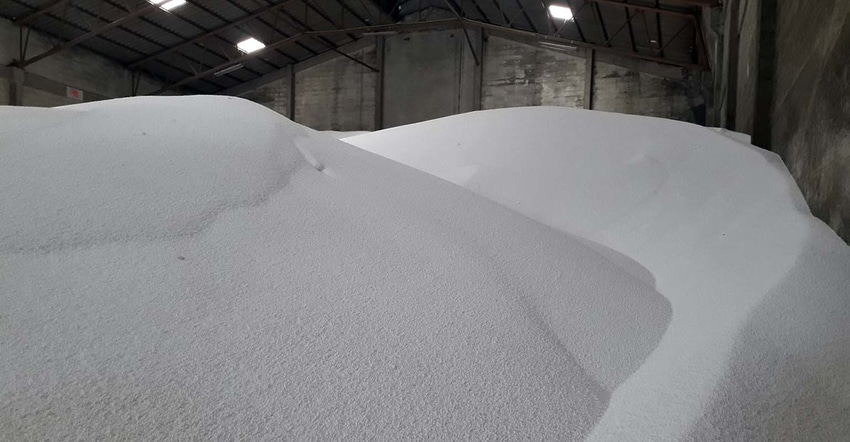
In Brazil, the crises over delivery of fertilizers and herbicides gets worst by the minute. Farmers have been reporting a shortage of all types of herbicides, especially glyphosate, glufosinate and pre-emergents. As we have been reporting, the lack of those products is now a matter of national alarm. This shortage threat for the 2021/2022 planting season is currently on the agenda of the Brazilian Agriculture and Land Reform Commission.
Factories are shutting down around the world, including in the United States and China. Sellers are still selling crop inputs in Brazil, although there isn’t any guarantee of when the product will be delivered. Farmers did try to prepare for higher prices, but it is hard to take farm delivery of products in all regions of Brazil, due to risk of theft.

Like many U.S. farmers, Gabriela Nichel, an agronomic engineer and farmer from Chiapeta, Rio Grande do Sul, is uncertain about what to do next. “I’m not sure whether to buy product now for the next harvest, because the market keeps saying it will get worse, or if this is really not as bad as it seems and I should wait,” she says.
Second crop weed control at risk
The weed control supply issue is aggravating an existing problem: how to control difficult weeds in Brazil. Without the products to stop weed growth in the early-stages of soybean and corn, farmers will see control issues on second crop. Higher prices due to shortages is forcing farmers to reduce input usage, which directly affects yield.
Farmers are expecting to cut fertilizer use as prices are at a historic high. That means the high profit margins achieved on the 2020/2021 crop appear to have come to an inglorious end.
The opinions of the author are not necessarily those of Farm Futures or Farm Progress.
Read more about:
BrazilAbout the Author(s)
You May Also Like






